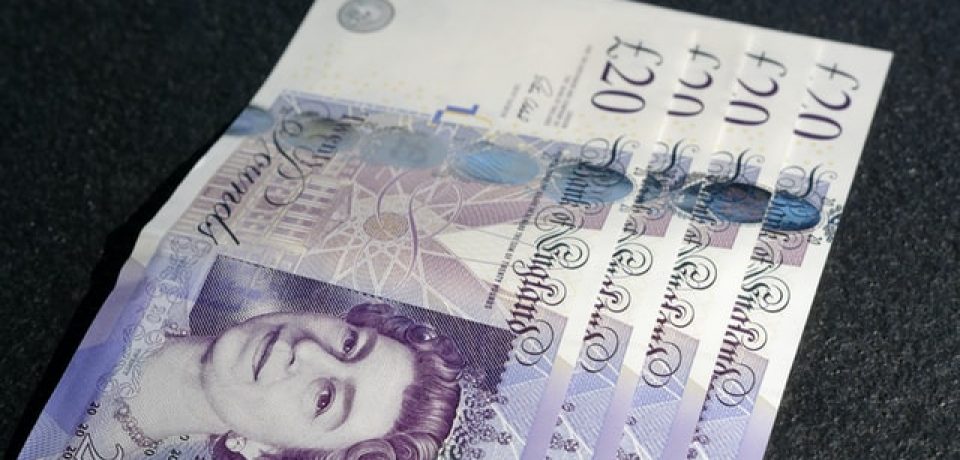You can’t help but notice that the cost of energy bills is rising. The energy price cap will increase a staggering 54% from April and may rise further in October. We will face higher bills, at least for the foreseeable future. With energy companies hiking daily charges by vast sums which cant be avoided, it is even more important to look at ways to soften the blow of higher energy costs by looking at our usage and other expenses. Our January personal finance audit advice may help even in February if the energy price hikes now have you worrying over your finances.
Energy costs will rise after the 1st of April or when your current fixed deal ends. Unless you are fortunate enough to identify an excellent new fixed deal, you will be moved to the price capped variable tariff.
So, what can you do?
Fix your energy bills or go variable
If you are someone who hates uncertainty over changing prices, then you may choose a fix. Although more expensive than you currently pay, this buys you peace of mind over the next 12 to 24 months. The latest news is that the variable priced capped tariffs are likely to be cheaper than any fixes. Therefore, it’s essential to realise you may pay more for peace of mind and fixing rates.
It isn’t strictly cutting costs but can help you budget if that is your primary concern. The question is difficult as no one has a crystal ball to tell us how long prices will stay this way. There are other guides on the site that can help with utility bill and other money-saving advice.
Reduce or rearrange usage
Fully turning off unused items left on standby can help cut energy consumption. Many still use electricity to power standby lights, and items such as mobile phones trickle charge. These are all contributing to daily usage. If you have an economy tariff, consider carrying out some daily jobs when that’s on. Setting a washing machine timer for overnight washing can help reduce costs.
If you are in difficulty, speak with your energy provider. Ask if they have schemes or recommend charities that can help if you are already starting with debt. The government have recently announced a loan of £200 to all electricity customers that will soften the impact of bills from October. However repayments will be made yearly at £40 starting next October, which is designed to lessen the effects of the big increase. It is also worth checking if you qualify for the £140 warm home discount (£150 from next winter), a scheme for low-income qualifying households, paid directly to energy bills.
You may have to look at your overall finances and make cuts where possible to free up funds to cover energy price rises. You may also find changing to use small portable heaters instead of turning up the thermostat offers a quick money-saving heat boost. Warming electric robes can help with personal heat rather than heating a room, so check out what could work best for you.

